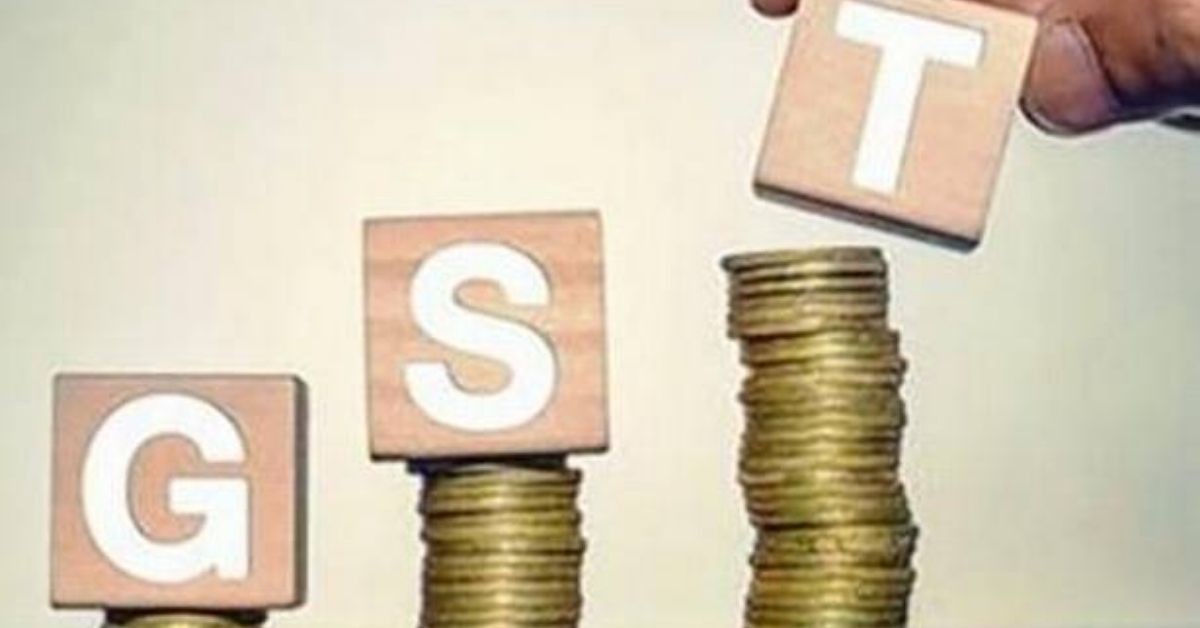The Finance Ministry on Monday further lowered the threshold for mandatory e-invoicing to ₹50 crore, from ₹100 crore. The new rule will come into effect from April 1, according to a Central Board of Indirect Taxes and Customs (CBIC) notification.
e-invoicing essentially involves reporting details of specified GST documents to a government-notified portal and obtaining a reference number. GSTN (the IT systems provider for GST) claims that there is not much difference between the present system and new one. Registered persons continue to create GST invoices on their own accounting/billing/ERP systems.
These invoices are now reported to the Invoice Registration Portal (IRP). On reporting, the IRP returns the e-invoice with a unique Invoice Reference Number (IRN) after digitally signing the e-invoice and adding a QR Code. Then, the invoice can be issued to the receiver, along with QR Code. A GST invoice will be valid only with a valid IRN.
The Government claims that huge advancements in technology, increased penetration of the Internet, along with availability of computer systems at reasonable cost has made ‘e-invoice’, a popular choice worldwide. It hopes that this system will help in enhancing ease of doing business.
The GST Council, at its 37th meeting on September 20, 2019, recommended introduction of electronic invoice (‘e-invoice’) in GST in a phased manner. It started with businesses having annual turnover of ₹500 crore from October 1. Then the limit was brought down to ₹100 from January 1. Ultimately, the Government intends to cover each of the GST assessees.
Source: Business Line








